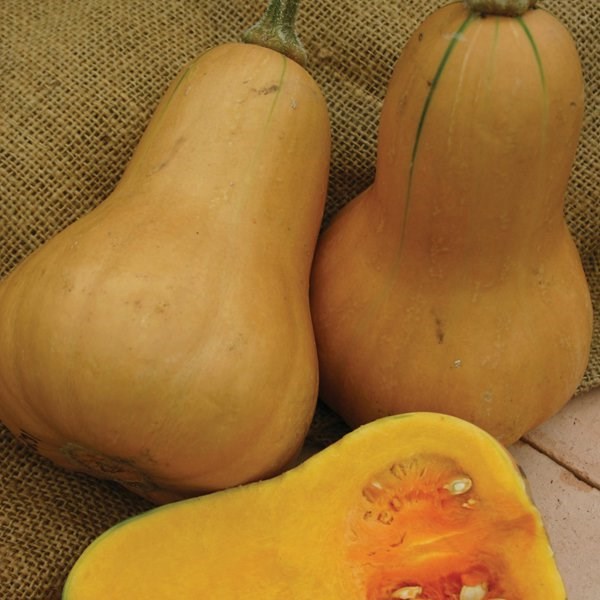Squash Butternut Hawk F1
Squash Butternut Hawk F1 By Mr Fothergills
approx 10 seeds
£0.74
£0.99
In stock (despatch in 1-2 working days)
1



